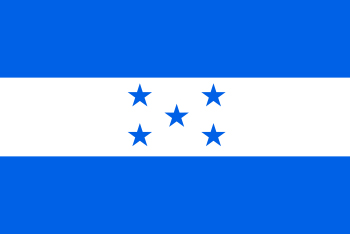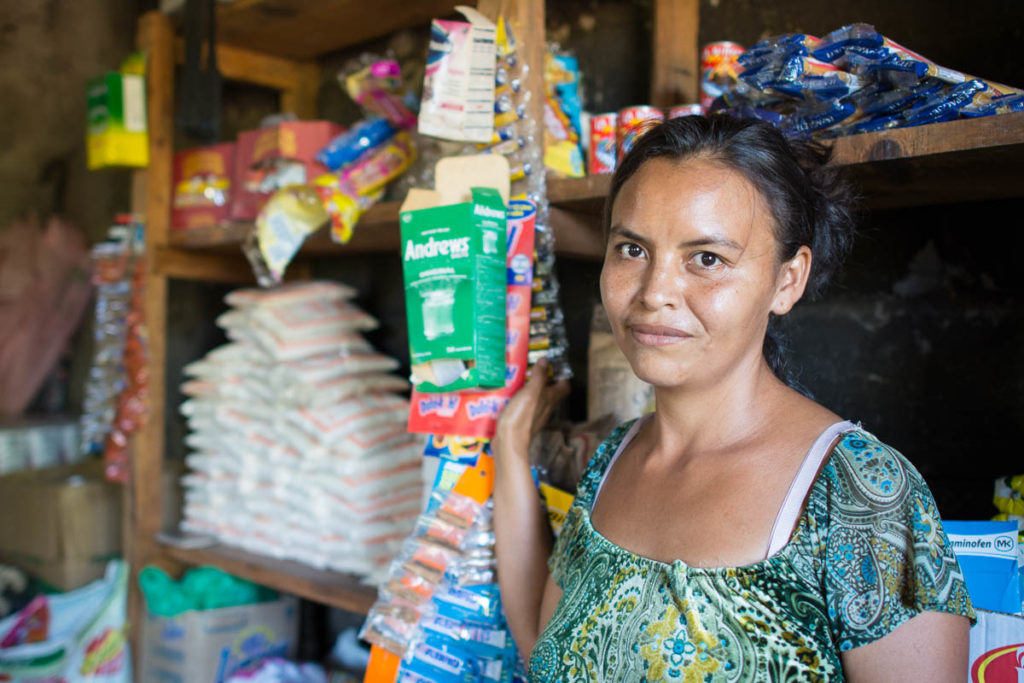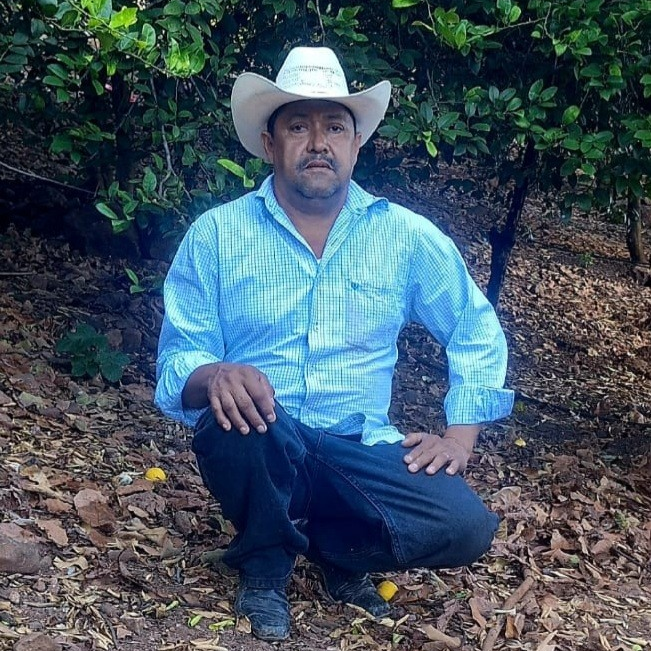 Honduras Orocuina & Liure
Honduras Orocuina & Liure
$30,002 needed of $60,003

Implementing Organization
Mennonite Central Committee (MCC)
Program Summary
Orocuina and Liure are located in the dry sector of Honduras and have some of the highest levels of poverty in the country. Crop losses from droughts, floods, prolonged heatwaves, and the proliferation of pests are common and cause many local families to experience long periods without access to food. The program supports families with trainings and workshops on community management and storage of seeds, soil conservation, organizing agricultural savings groups, diversifying agricultural production of vegetables and fruits, building rock barriers as prevention measures to protect harvest during floods, entrepreneurship for women, prevention of gender-based violence, and pest management. The program facilitates farmer-to-farmer exchanges and promotes community organization through a regional food security committee.
Success Stories

More-Than-Happy Ending After Devastating Loss
Don Reynaldo experienced the highs and lows of farming in a single season when a garden full of vegetables he thought he’d lost ended up coming back better than he could have dreamed possible.
He and his family have all attended workshops and hands-on training in diversifying their farm from local partner Comite de Acción Social (CODESO). During the rainy season they planted a wide variety of vegetables and fruit trees in their garden. It was their first experience cultivating chili peppers, tomatoes, and cucumbers, and everything was flourishing. The sight of the healthy plants brought immense joy to the family.
One day, Don Reynaldo set out to tend his plot, only to discover that pests had attacked the plants. Determined to save his crops, he returned home to retrieve a sprayer and an insecticide. However, due to his inability to read, he mistakenly used an herbicide instead of an insecticide. The results were devastating. His once-thriving garden withered almost instantly. What seemed like a promising harvest was destroyed.
Yet nature offered a way to heal the damage. Days later, new shoots began to sprout from the apparently-dead plants. With additional advice from CODESO technicians, Don Reynaldo tended the plants carefully, feeling more and more hopeful as the garden came back to life. All the plants produced exceptional results. The family not only enjoyed the bounty of their garden at home but was able to sell some of their excess produce to neighbors, generously offering them a neighborly discount. The harvest was so plentiful that they even had extra to take to the municipal market. Their adversity had unexpectedly become an opportunity to generate additional income.
Don Reynaldo’s story is a testament to the transformative power of community-based agricultural initiatives. Sharing successes like his can inspire broader community participation and foster long-term sustainability, with the continued technical training and support of CODESO.
Honduras Orocuina and Liure Program
Led by Mennonite Central Committee and Local Partner Comite de Acción Social (CODESO)
